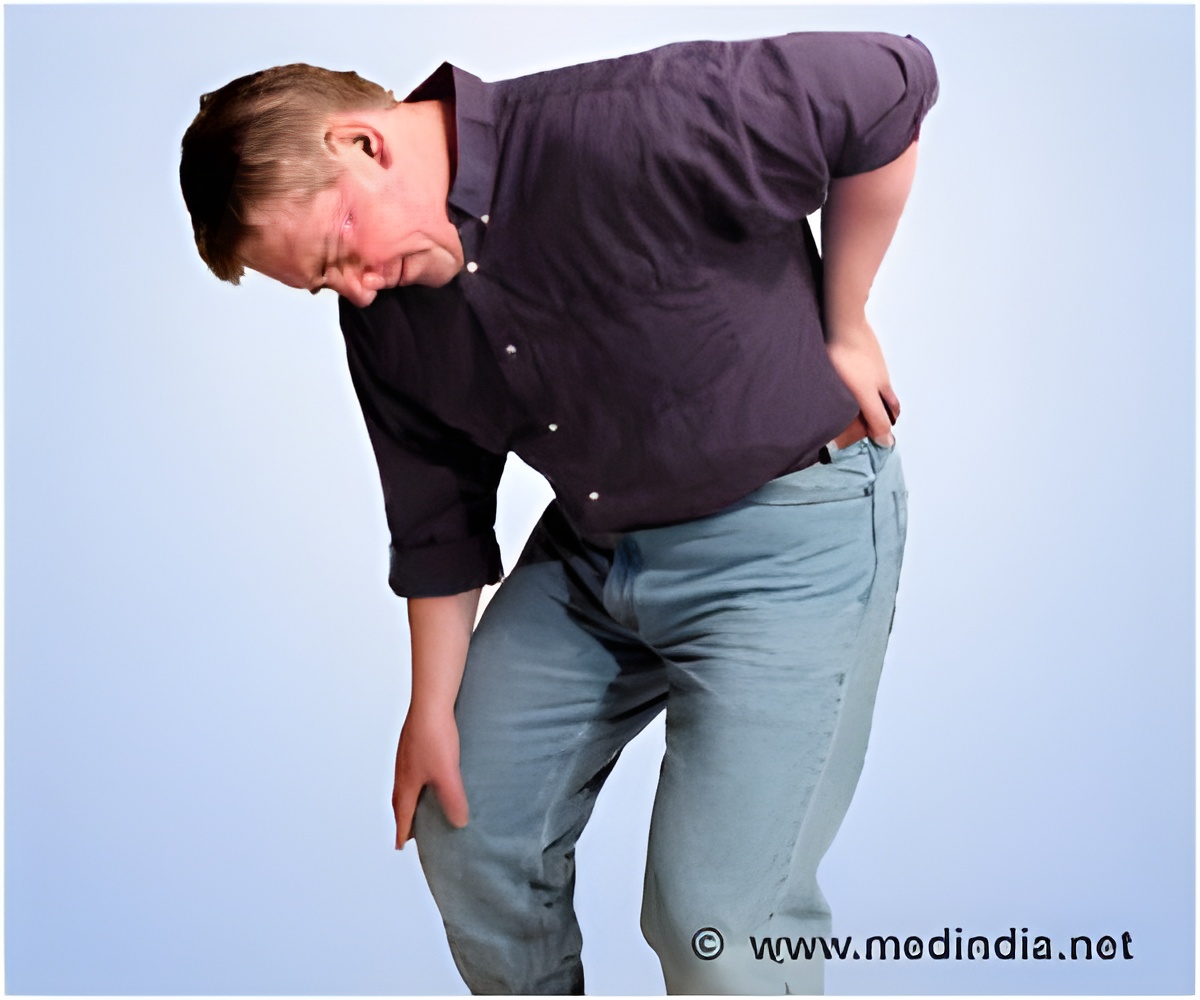People who feel that their financial outlook is shaky may actually experience more physical pain than those who feel financially secure.

‘Feelings of economic insecurity would lead people to feel a lack of control in their lives. This in turn, activates psychological processes associated with anxiety, fear, and stress.’





The research, led by Chou and colleagues Bidhan Parmar (University of Virginia) and Adam Galinsky (Columbia University), stemmed from an observation of two co-occurring trends - increasing economic insecurity and increasing complaints of physical pain. The researchers hypothesized that these trends might actually be linked. They surmised that feelings of economic insecurity would lead people to feel a lack of control in their lives, which would, in turn, activate psychological processes associated with anxiety, fear, and stress. These psychological processes have been shown to share similar neural mechanisms to those underlying pain.
Initial findings provided support for the hypothesized link. Data from a diverse consumer panel of 33,720 individuals revealed that households in which both adults were unemployed spent 20% more on over-the-counter painkillers in 2008 compared with households in which at least one adult was working. And an online study with 187 participants indicated that two measures of economic insecurity - participants' own unemployment and state-level insecurity - were correlated with participants' reports of pain, as measured by a four-item pain scale.
In another online study, participants who recalled a period of economic instability reported almost double the amount of physical pain than did participants who recalled an economically stable period. This pattern of findings remained even after the researchers took other factors - including age, employment status, and negative emotion - into account.
Evidence from a lab-based study suggested that economic insecurity might be also linked with tolerance for pain. Student participants who were prompted to think about an uncertain job market showed a decrease in pain tolerance, measured by how long they could comfortably keep their hand in a bucket of ice water; students who were prompted to think about entering a stable job market showed no change in pain tolerance.
Advertisement
Together, the results highlight the importance of distinguishing between subjective and objective experience:
Advertisement
By elucidating the relationship between social phenomena, psychological processes, and physical experiences, these studies provide important insights to researchers and policymakers alike, the researchers argue.
"By showing that physical pain has roots in economic insecurity and feelings of lack of control, the current findings offer hope for short-circuiting the downward spiral initiated by economic insecurity and producing a new, positive cycle of well-being and pain-free experience," they conclude.
Source-Eurekalert















